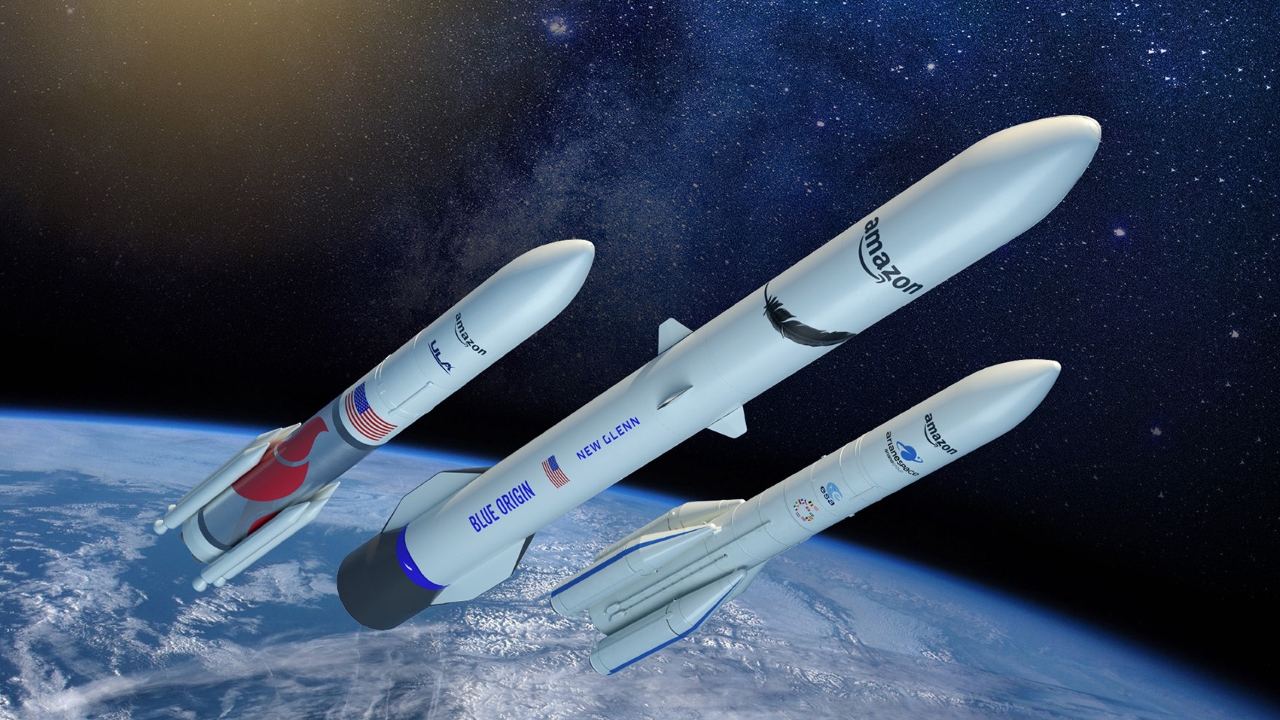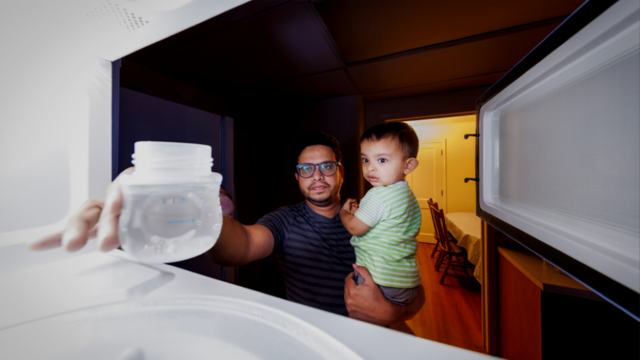Amazon’s Starlink competitor, Project Kuiper, is approaching its launch. The company announced today that it is in the process of constructing a new $120 million satellite processing facility at the Kennedy Space Center in Florida. Amazon plans to launch its first satellites “in the coming months” and aims to onboard its initial customers next year. So, what is Amazon’s goal with this satellite internet project?
Project Kuiper satellite internet project is the biggest rival of Starlink!
Like Elon Musk’s Starlink, Project Kuiper also aims to provide fast and cost-effective satellite broadband to areas where traditional internet and communication options are either unavailable or insufficient. The project began its initiatives in 2018 and obtained its FCC satellite license two years later. Now, it is approaching its final stages and preparing for its launch.

The company plans to create a constellation of 3,236 satellites to provide seamless broadband coverage to rural users. Amazon has not yet disclosed consumer pricing, but it indicates that budget-friendly plans will be a fundamental principle of the Kuiper Project. The company also intends to offer multiple speed/pricing options.
Kuiper’s satellites will be assembled at a new state-of-the-art manufacturing facility in Kirkland, Washington, by the end of 2023. The new satellite processing facility at the Kennedy Space Center in Florida will receive satellite shipments and carry out final preparations before commercial deployments. Amazon states that it has conducted secure trials with the approvals of Blue Origin, Arianespace, and United Launch Alliance (ULA) so far.
Most of the units working on the project will be located at the Cape Canaveral Space Force Station, near Florida’s new processing facility. Amazon stated that it has achieved the expected job creation for Project Kuiper, with already over 1,400 people working on the initiative. As the project progresses, the company is expected to support thousands of suppliers and high-skilled jobs in states such as Alabama, Florida, and Colorado.














